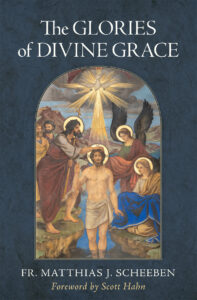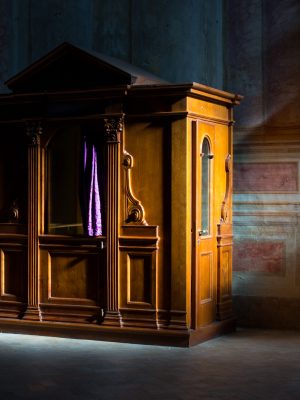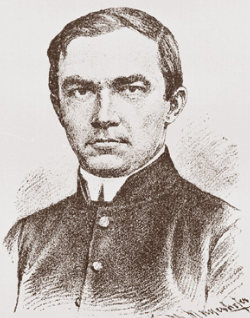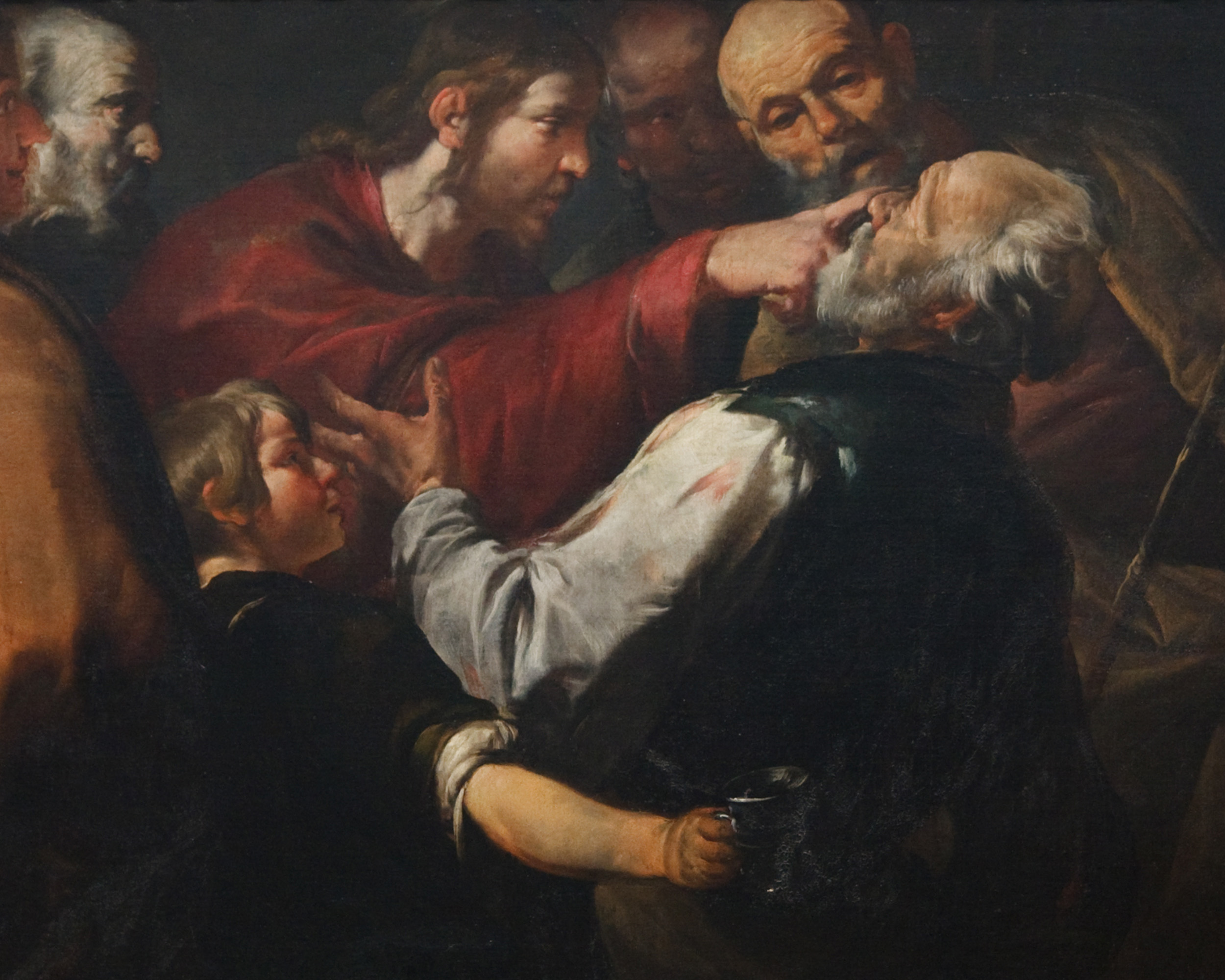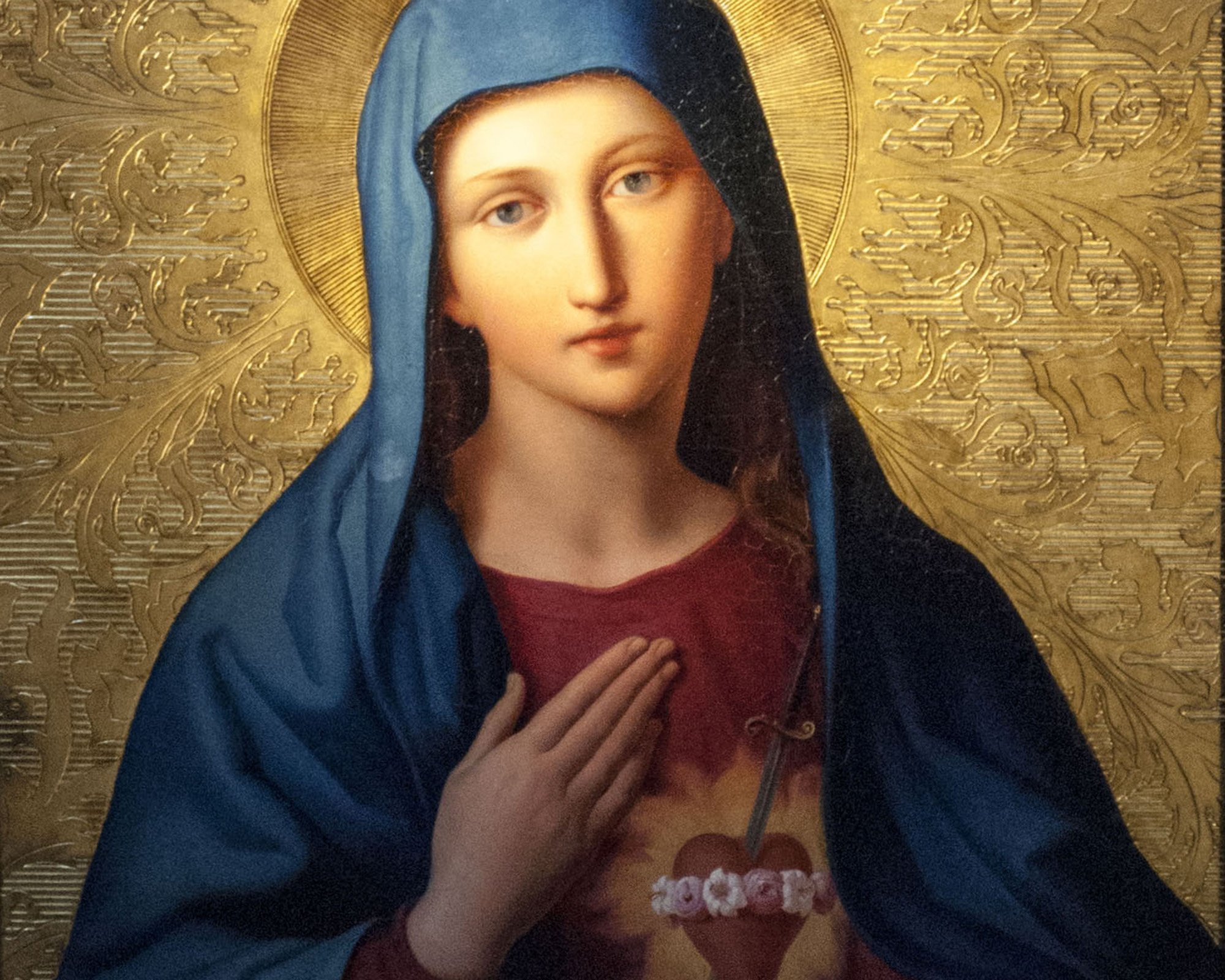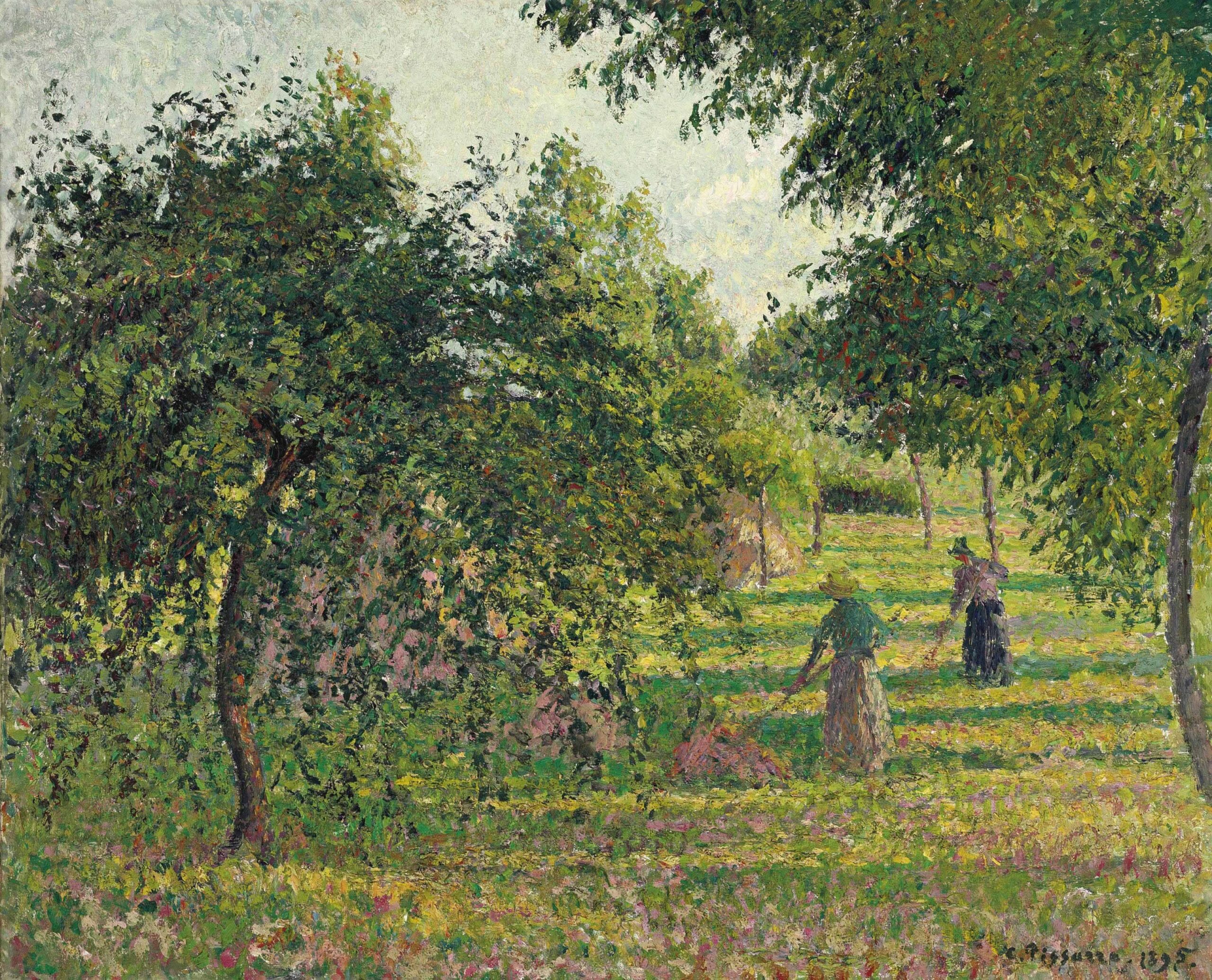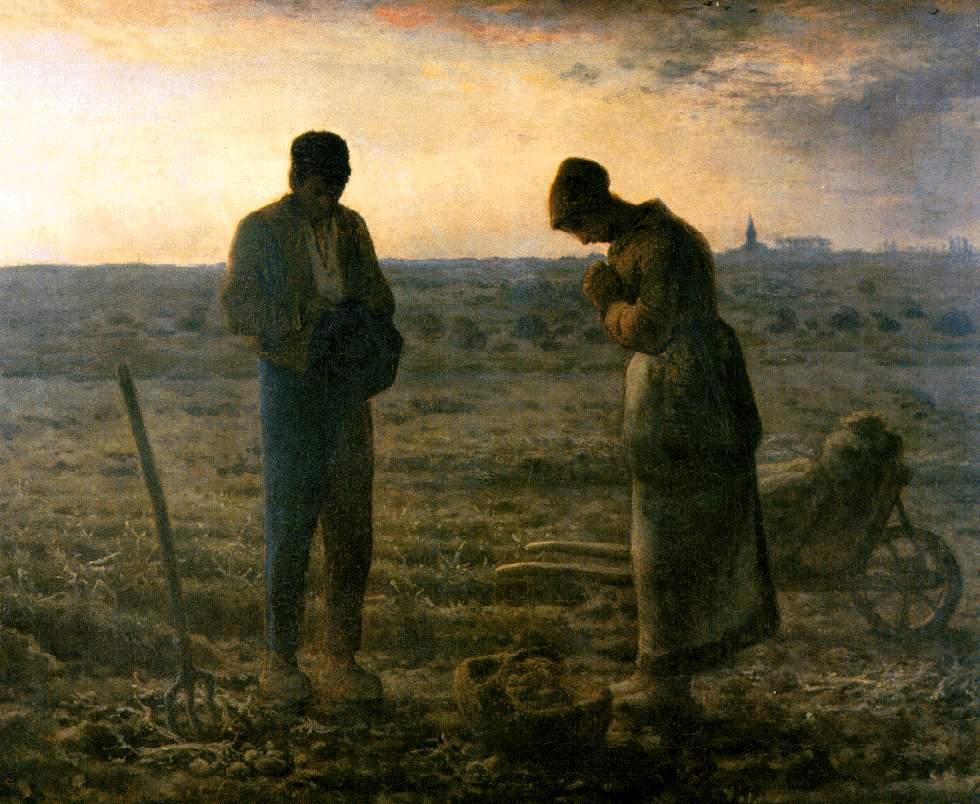In the preceding Part, we considered the supernatural, mysterious union with God which grace effects in us. We saw how it makes us living temples of the Holy Ghost and of the entire Holy Trinity and begets divine life in our soul. We saw how it procures for our soul the ineffable dignity of a child, of a friend, of a spouse of God, clothing it with all the privileges and qualities befitting such a position. We saw, finally, how it makes us one body and one spirit with Christ and God.
Now we must examine more carefully the activity and fruits of grace in the soul. Every glance that we have cast at grace has revealed to us new wonders and glories. But we may be certain that its treasury is inexhaustible and that it will continue to excite our admiration and wonder in what is yet to be seen.
We wish to make clearer all that has preceded and all that is to come by representing light as a symbol of grace. In this we are following Holy Scripture and the Fathers.
As light has been called the grace of the sun, so has grace been called by the holy Fathers the light of God. For the sun is indeed the most sublime image of God, who is for the spiritual world what it is for the material world. God is the Sun of justice and of eternal truth, of the highest beauty and of infinite love, of pure glory and perfect blessedness. “God is light, and in him there is no darkness,” says St. John. (1 John 1:5).
The Divine Nature itself is the purest light. Accordingly, if we become partakers of it through grace, this latter must also be a light—a light that, streaming forth from the innermost being of God, illumines our soul and transforms it from glory to glory into the image of God. (Cf. 2 Cor. 3:18). And if God Himself is light, and moreover, according to the words of St. James, “the Father of lights,” from whom comes “every best gift and every perfect gift” (James 1:17), grace, as His best and perfect gift, is also the purest and most sublime light, the father of which is God. It is by that light that we in this life of darkness are at least so far enlightened that we can find the way to our goal. When we have attained this, we shall be introduced to the eternal light of God, which manifests to us the divine splendor in all its depth and allows us to gaze upon it unveiled, face to face.
Through grace we are born of the light of God and the fire of the Holy Ghost. As the children of God, we become “children of the light” (Eph. 5:8) and hence are called, as God, light itself. Therefore the Apostle says: “For you were heretofore darkness, but now light in the Lord.” (Eph. 5:8). Similarly, St. Peter says to those having grace: “But you are a chosen generation . . . that you may declare his virtues, who hath called you out of darkness into his marvelous light.” (1 Ptr. 2:9). The image of light is so fitting and so beautiful that we cannot speak of grace without speaking of the light of grace. Hence, this image is used regularly in the language of the Church. The Roman Catechism thinks it cannot describe grace to us better than by saying that it is a certain brightness, and a light that washes away all our stains and makes the soul beautiful and resplendent. The holy Fathers call Baptism, by which we are reborn to light through grace, the Sacrament of illumination, or simply illumination.
This article is taken from a chapter in The Glories of Divine Grace by Fr. Matthias Scheeben, which is available from TAN Books.
